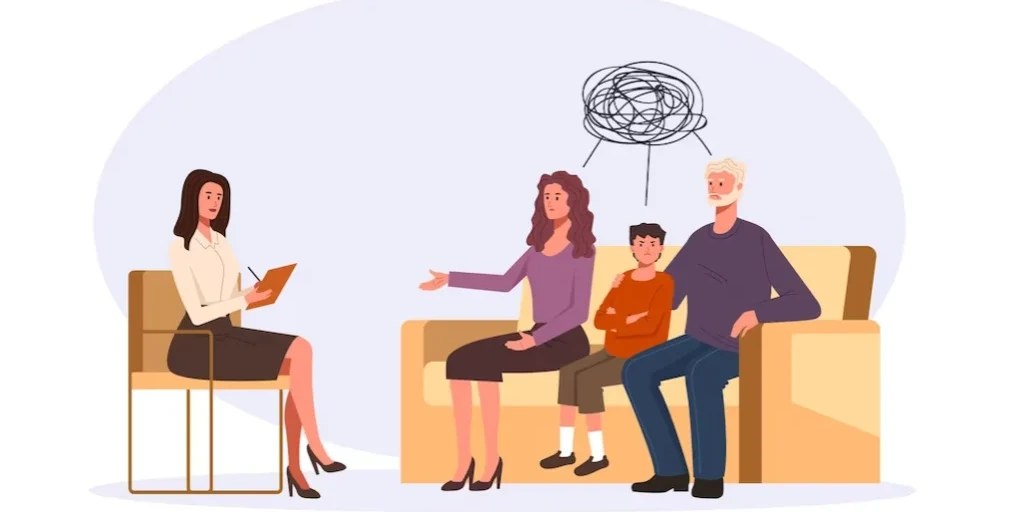24/7 Helpline:
(866) 899-221924/7 Helpline:
(866) 899-2219
Learn more about Drug Detox centers in Clear Lake
Drug Detox in Other Cities

Other Insurance Options

Optima

Oxford

MHNNet Behavioral Health

Regence

Ambetter

Anthem

Lucent

Kaiser Permanente

American Behavioral

Molina Healthcare

UMR

Aetna

BlueShield

Sutter

Ceridian

Holman Group

Magellan

BHS | Behavioral Health Systems

Evernorth

AllWell








Recovery Zone
Recovery Zone is a private rehab located in Rock Falls, Illinois. Recovery Zone specializes in the t...

Prairie Ridge Integrated Behavioral Healthcare
Prairie Ridge Integrated Behavioral Healthcare offers outpatient and inpatient treatment for individ...

Mercy Medical Center – Mental Health Unit
Mercy Medical Center – Mental Health Unit is a private rehab located in Mason City, Iowa. Mercy Medi...














Adults
Adults is a private rehab located in Mason City, Iowa. Adults specializes in the treatment of alcoho...

AA – Alcoholics Anonymous
AA – Alcoholics Anonymous is a non-profit rehab located in Mason City, Iowa. AA – Alcoholics Anonymo...

Mercy Rehabilitation Services
Mercy Rehabilitation Services is a private rehab located in Mason City, Iowa. Mercy Rehabilitation S...





















































































